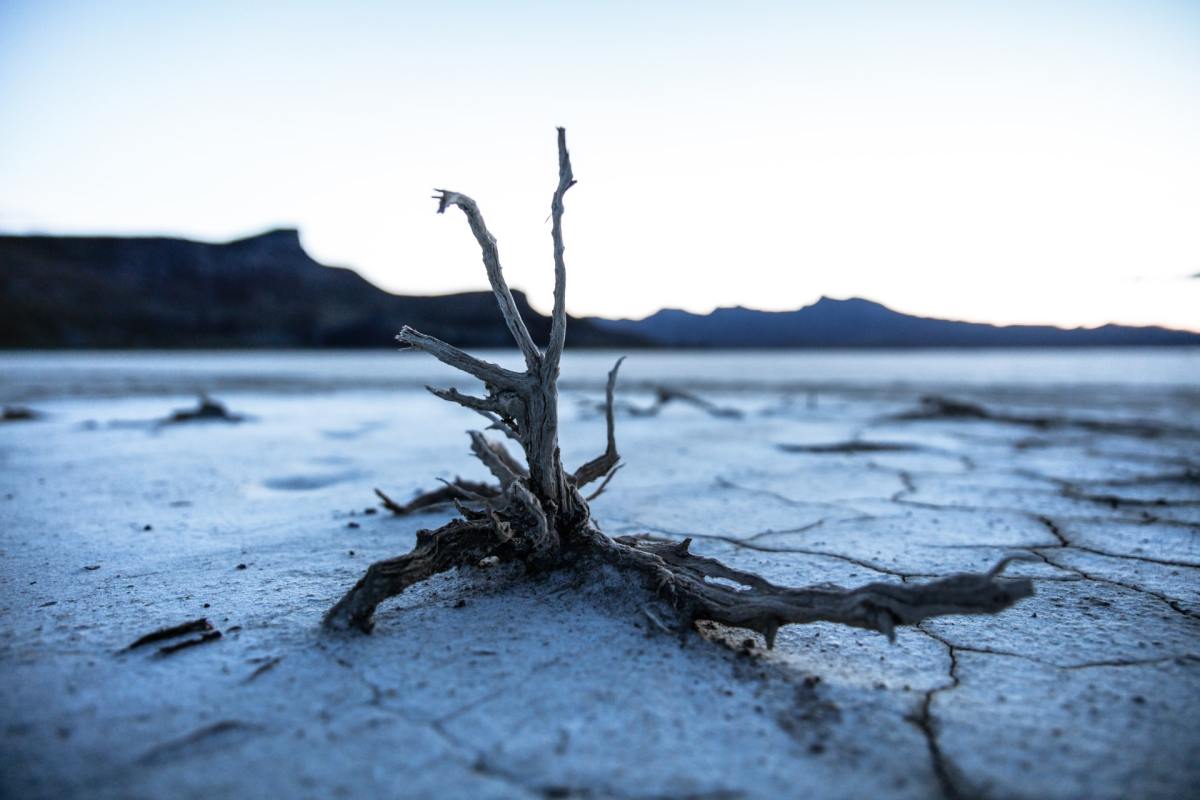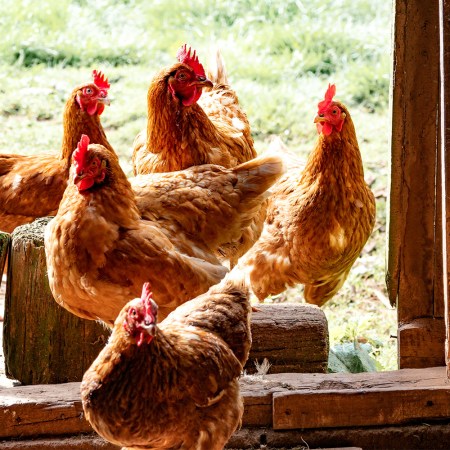Thinking about the end of the world feels all too quotidian these days. Besides the global pandemic and viral videos of asteroids wiping out human civilization, there are also apocalyptic and post-apocalyptic narratives aplenty in whatever your storytelling medium of choice is. Video games, prestige television, graphic novels, acclaimed films and fiction — pretty much all of your bases are covered. And some of them feature cannibals. We don’t make the rules here.
Even though some post-apocalyptic narratives elude realism or easy classifications, the subgenre as a whole can prompt numerous questions for those who experience them. There’s one especially pragmatic one that comes to mind — namely, just how many survivors of an apocalypse would be needed to keep humanity going?
This is a scientific and ethical question that’s played a key role in a number of stories about the end of the world, from Neal Stephenson’s novel Seveneves to the television series The Last Man on Earth. And, based on a new article by Patrick Pester at Live Science, there’s an answer to it — or, at least, there are some general guidelines.
Pester cites the work of Frédéric Marin, an astrophysicist, who argued that “49 unrelated breeding pairs, ready to pass on their genes” could keep humanity going on a 6,300-year voyage to another galaxy. Anthropologist Cameron Smith, who studied early human groups, pointed out that small groups of humanity managed to survive in relative isolation in the Neolithic period.
Still, the number of humans left alive after an apocalypse is one thing; maintaining some genetic diversity is another, as inbreeding has a way of complicating things. On the plus side, humanity does have a knack for survival. On the minus side, simply surviving the end of the world is just the first of many challenges.
Thanks for reading InsideHook. Sign up for our daily newsletter and be in the know.


















